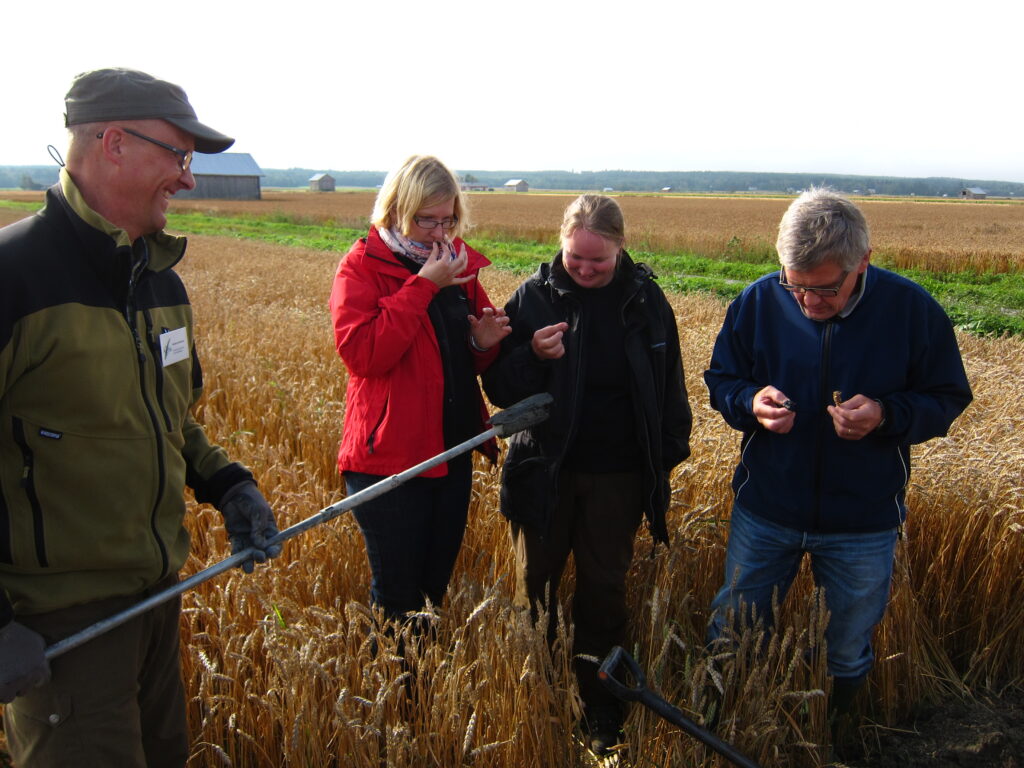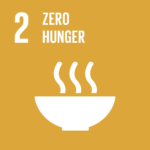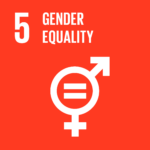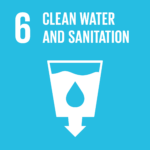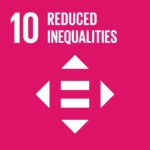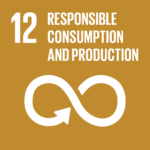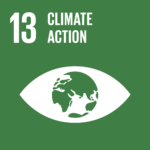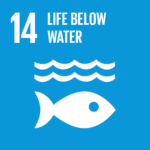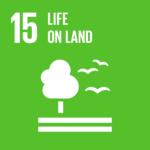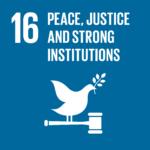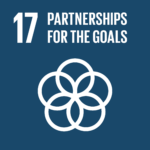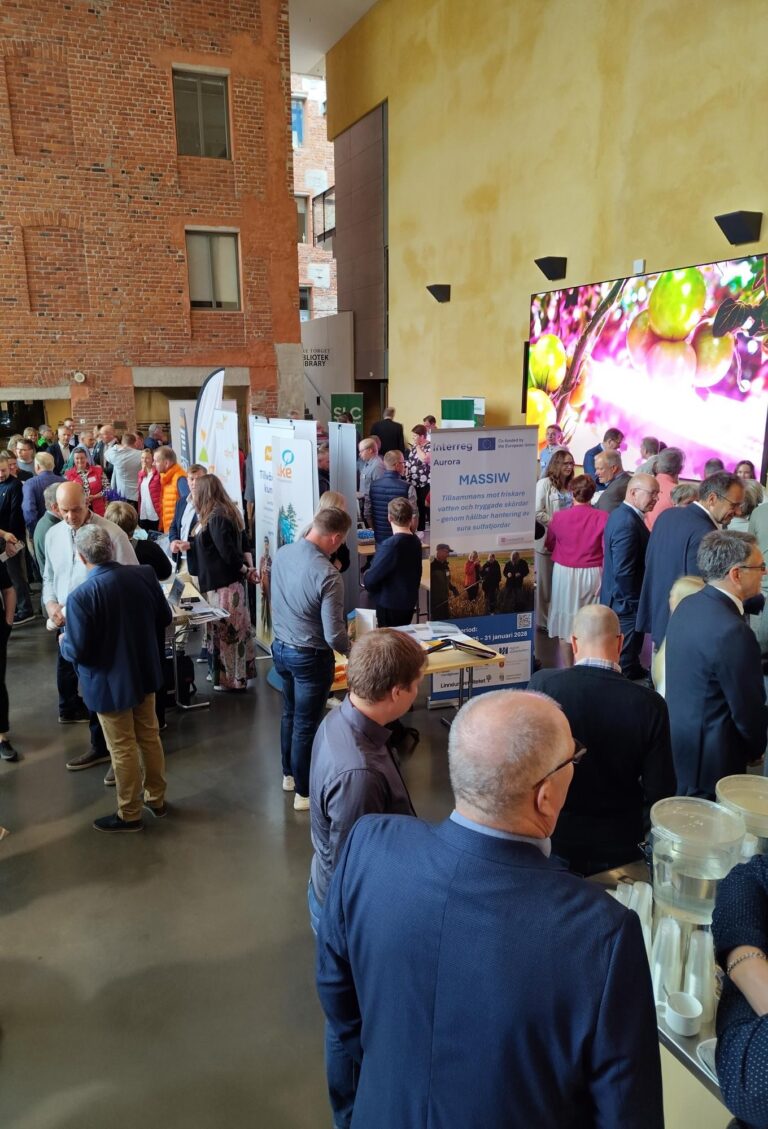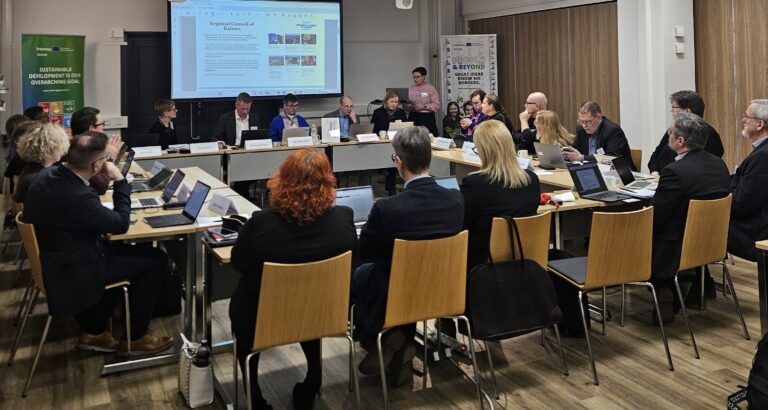Leaching of acids and metals from acid sulfate soils causes similar challenges for Finland and Sweden within the Aurora programme area. This includes acidification and metal contamination of soils and waters, leading to biological degradation including loss of aquatic biodiversity, impaired fish reproduction and reoccurring mass fish kills. As a consequence, many water bodies fail to achieve the good chemical and ecological status required by the EU Water Framework Directive and will become a challenge in the implementation of the new EU Nature Restoration Law.
The severe environmental problems associated with acid sulfate soils emerged during the first half of the twentieth century due to intensified land use. Since then, knowledge of these soils has steadily grown through various research efforts. Furthermore, possible measures have been developed and tested to varying extents in Finland and Sweden. Despite these efforts, the problems persist in the Aurora programme area, largely due to conflicts of interest between land use and environmental protection.
The Interreg Aurora funded project MASSIW will contribute to ultimately reach a solution to this complex and long-lasting environmental problem in the Aurora programme area, by producing common socioeconomically viable management solutions to preserve the use of acid sulfate soils, including climate change adaptation, while minimizing harmful leaching. This will lead to a win-win for land users and the environment. Hence, the project ultimately supports both local production and helps achieve goals in key EU directives. This will be achieved via an innovative approach including in-depth cross-border sharing of experience and knowledge between key academic and governmental organisations, using and synthesising results and experiences from previous projects, integration of social and natural sciences, and closing the gap between academic research and practical work in the field.
Contact: Miriam Nystrand, project manager, Åbo Akademi, miriam.nystrand@abo.fi

